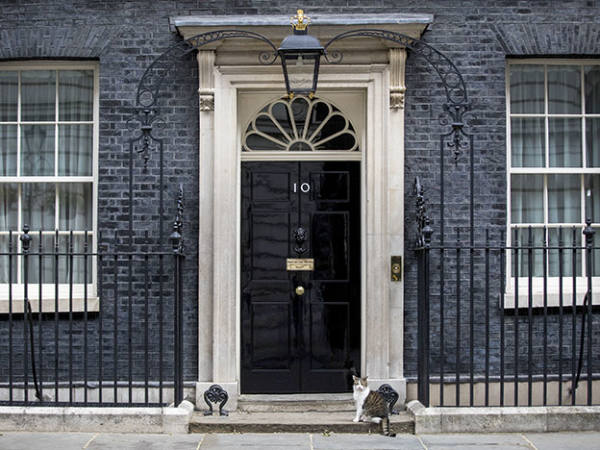- Industry bodies call for extension of rent enforcement protection for hardest hit companies
- Rise in CVAs and administrations threatens future rental values
Just as retailers have lauded the return of shoppers through their doors, landlords may soon find an even sparser marketplace for their wares. Industry bodies have warned of a fresh wave of store closures once the ban on a raft of rent enforcement actions comes to an end later this month.
The Confederation of British Industry (CBI) has called on the government to extend existing protections for a further six months for companies that can demonstrate lockdown-related falls in revenue of more than 30 per cent in 2021, compared with pre-pandemic levels.
Two-thirds of retailers face legal action once the ban on evictions and winding-up petitions for non-payment of rent comes to an end on 30 June, according to the British Retail Consortium (BRC). Tenants have built up £2.9bn of rental debt since the moratorium came into effect 15 months ago.
In a sector where pressure on cashflows and debt levels has been cranked-up, a new wave of company voluntary arrangements (CVAs) and administrations seems set to worsen the oversupply of store space. Of the two main options open to landlords struggling to meet agreements - force out a tenant and hope a more financially robust replacement comes along, or concede to more generous lease terms - neither is particularly palatable.
Pessimism over the direction of rents has been reflected in further valuation declines for retail landlords. NewRiver Reit (NRR) has become the latest landlord to report a plunge into the red, posting a pre-tax loss of £150m over the 12 months to March.
A more precarious outlook for rents has been reflected in a more pragmatic dividend policy. Management has reinstated the dividend at 3p a share for 2021, a payment that equates to 80 per cent of underlying funds from operations, rather than settle the level quarterly payments a year in advance. For a company with a recent history of paying out dividends uncovered by cash profits, the shift is a sensible one.
For NewRiver, there was some progress on rent collection, which stands at 85 per cent for the first quarter. That was above the industry average, which has seen little sign of improvement during the most recent quarter. Retailers received 67 per cent of rent due on the March payment date, according to property management platform Re-Leased. While that was higher than the 59 per cent collected during the comparative payment date last year, it was lower than the preceding two quarters.
While uptake was better, those new lettings and renewals were completed at 3.1 per cent below previous passing rent. Yes, they were agreed at 0.6 per cent ahead of March ERVs, but that was ahead of average rental values that were over 5 per cent below the prior year. The decline in ERVs across the group’s shopping centres and retail parks eased during the second half of the year, falling 1.6 per cent versus a 4.8 per cent reduction during the first six months of the year. Yet one in seven shops lay empty at the end of March, according to the BRC. In a tenant’s market, any upward movement in rental values seems off the table.
Like peers, shares in NewRiver have rallied sharply since November. However, investors flocking to buy into the recovery story should remember that the sector’s challenges are more deeply-rooted.











